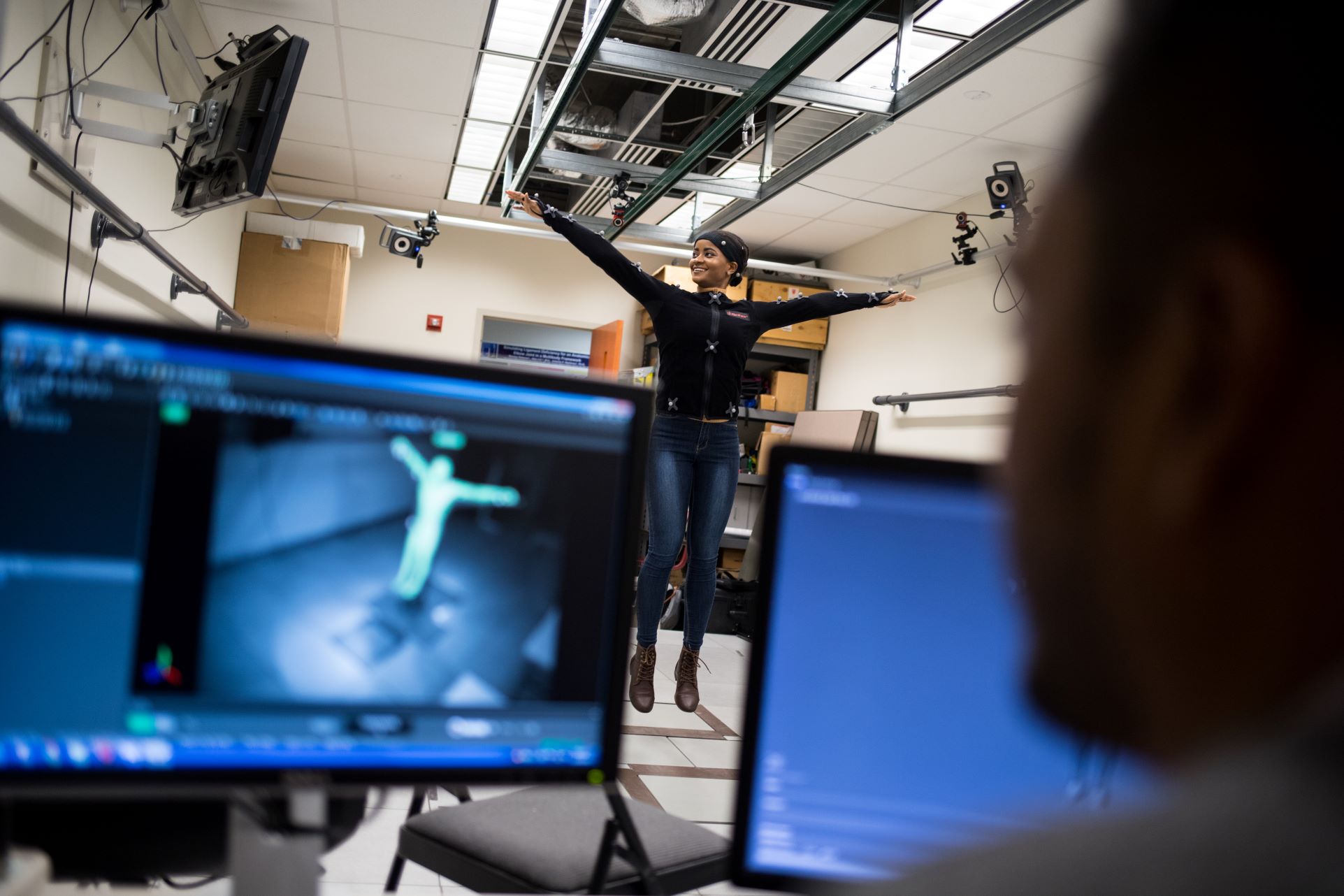The University of Missouri-Kansas City School of Science and Engineering has officially rolled out its biomedical engineering program.
The program introduces students to both medicine and engineering principles to support innovation and discovery in biomechanics and orthopedics, imaging, bioinformatics, biotransport, bioelectronics and medical devices.
“The program will also expose students to clinical aspects of biomedical engineering through collaborations with our medical school, which is not always the case in many undergraduate programs,” said Antonis P. Stylianou, Ph.D., who will be teaching as an associate professor as part of the biomedical engineering faculty.
The program is designed based on a broad approach, combining aspects from electrical engineering, mechanical engineering, computer science, chemistry, biology, physics, medical training, pharmacology and pure biomedical engineering courses.
The faculty reflects this diverse field, with professors from multiple disciplines teaching courses including engineering, medicine, pharmacy, dentistry, nursing and biological sciences. This multidisciplinary approach puts UMKC in a unique position to lead new breakthroughs in bioengineering.
“Research related to bio and health technologies have increased at an astounding rate within the School of Science and Engineering at UMKC over the past few years ,” said Katherine Bloemker, assistant dean of academic affairs. “This research focus provides the perfect foundation for our biomedical engineering degrees. Plus, the UMKC Health Sciences Campus and the proximity of local research hospitals such as Children’s Mercy, University Health and Saint Luke’s provide unique opportunities for students to explore this field.”
With the $32 million state-of-the-art Robert W. Plaster Free Enterprise and Research Center, students will be able to utilize facilities such as the Innovation Studio and the research labs. The building is equipped with cutting-edge technology, such as 3D printing labs, that will prepare graduates to excel in fields like careers in engineering, health care, medicine, dentistry, biotechnology, bioinformatic and pharmaceutical fields.
Employment of bioengineers and biomedical engineers is projected to grow 10 percent from 2021 to 2031, faster than the average for all occupations, according to the U.S. Bureau of Labor Statistics.
Atlas Sizemore came to UMKC as a freshman, before the bioengineering degree launched, with the intent to enroll in the program when it launched. Now a sophomore, Sizemore is excited to join the program.
“I plan on getting my graduate degree in prosthetics and going on to be a prosthetist,” Sizemore said. "I think that the biomedical engineering degree at UMKC will really help to prepare me with skills in design as well as the medical foundation of my work." Sizemore is particularly looking forward to taking 3D printing and design.
In the future, the program will have a dedicated space in the $100 million Healthcare Delivery and Innovation Building, located at the UMKC Health Sciences Campus. Construction for that building is expected to begin later this fall, with a projected opening in 2026.

